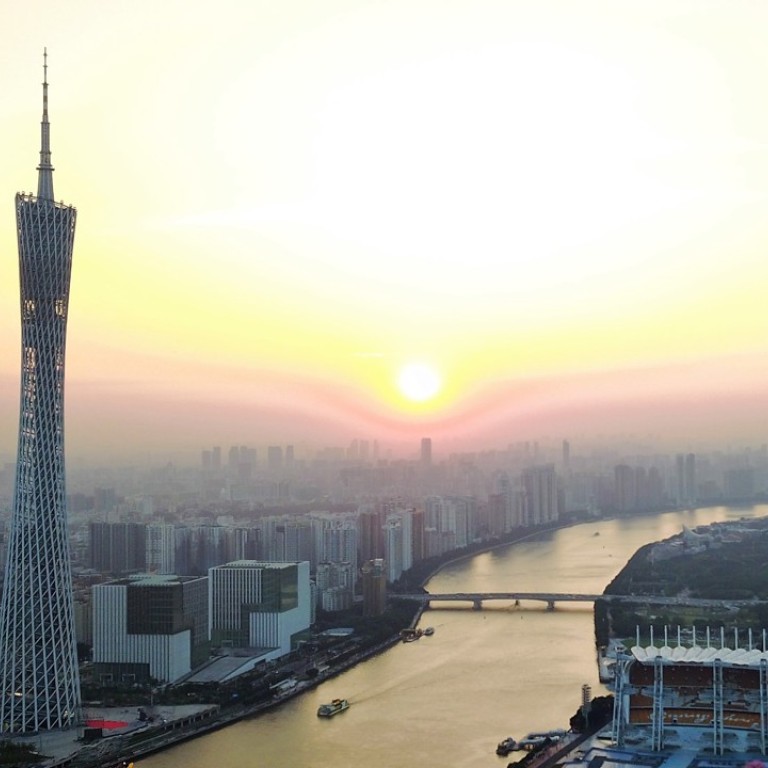
Beijing implies support for Hong Kong’s plan to build schools, hospitals and elderly care centres in Greater Bay Area
The city’s leader proposed this to Beijing and asked for its support during her maiden duty visit, says the central government’s Hong Kong and Macau Affairs Office
Beijing pumps US$2.27 million more into annual scholarships for Hong Kong and Macau students, but with tighter strings attached
Lam, who met President Xi Jinping and other state officials to report on developments in Hong Kong earlier this month, said after her three-day trip that she had sought Beijing’s support to enhance “the flow of people, goods, capital and information” within the Greater Bay Area.
In the article, Zhang, Beijing’s point man on Hong Kong affairs said his office would endeavour to implement the integration plan effectively.
Earlier this month, Hong Kong’s mainland affairs office told the Legislative Council that the city had completed work on a development plan for the Greater Bay Area, with Guangdong and Macau authorities and China’s top economic planning agency, the National Development and Reform Commission.
The plan would be announced in the first quarter of next year, Under Secretary for Constitutional and Mainland Affairs Andy Chan Shui-fu said.
Lawmaker and trade unionist Wong Kwok-kin on Wednesday said Zhang’s remarks in the article signalled Beijing’s support for Lam’s request.
Guangdong to set up its version of Silicon Valley on the doorsteps of Hong Kong and Shenzhen
The issue was just when these developments would take place, he said. The city’s government would need to work with authorities in the Greater Bay Area cities to roll out relevant policies and the administrators of Hong Kong schools and hospitals would have to complete other procedures before setting up in those cities.
Pro-Beijing lawmaker Ben Chan Han-pan agreed, adding that Hongkongers running businesses on the mainland were worried about their children’s education and some had sent them back to the city to be part of the local education system.
“Schools run by Hongkongers operated under our local system would help the children to adapt, and ensure the quality of teachers,” he said, adding that it would encourage more talented Hongkongers to work in areas on the mainland where they could access such schools.

